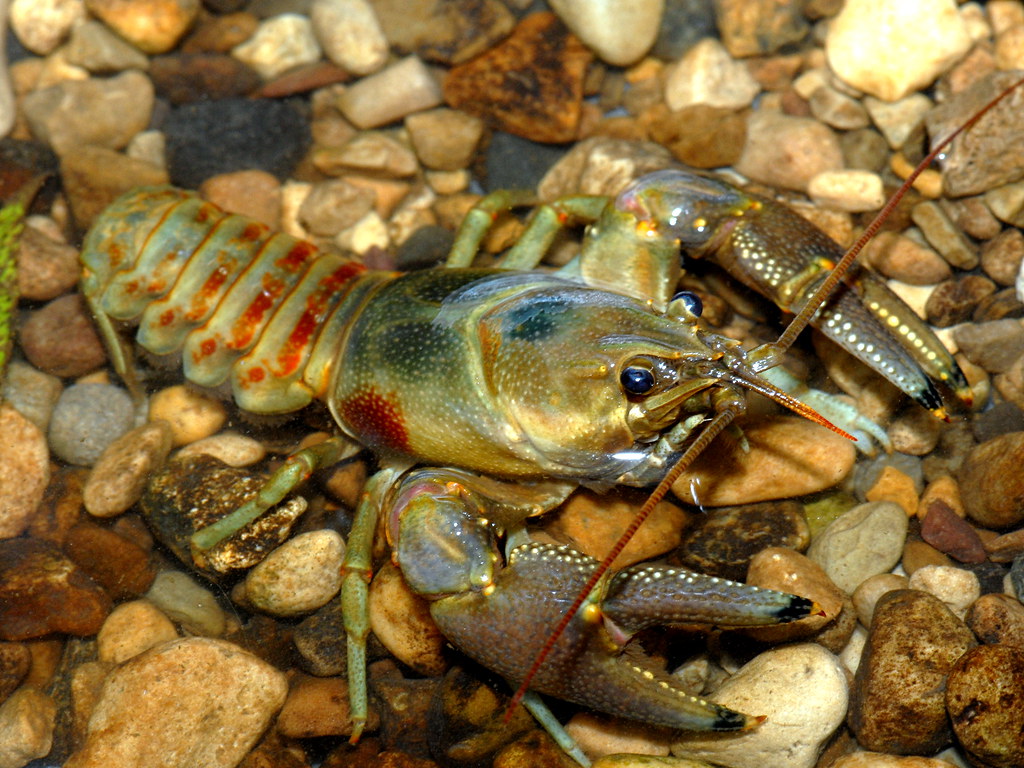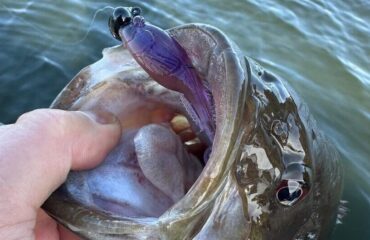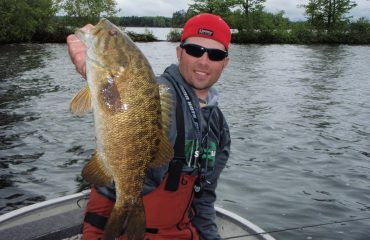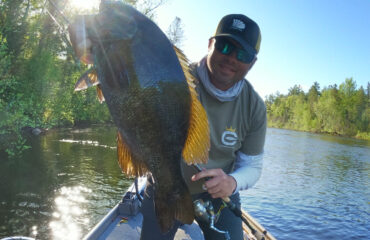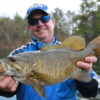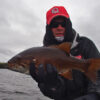Symbiotic Smallmouth
Across northern states and Canadian provinces, and most notably in Wisconsin, the invasive rusty crayfish has significantly altered every native ecosystem it’s invaded. Negatively, lakes infested by them were quickly deforested, void of aquatic plant life. The whole food chain and fishery suffered as a result. Recruitment of certain fish species grew poor, with walleyes becoming most affected and their abundance faltering. Positively, the decline of these top lake species quickly led to the expansion of smallmouth bass and rapid growth of trophy fisheries. Native forage species declined as well, and a shift in feeding preferences soon occurred. Smallmouth bass became dependent on the overabundant rusty crayfish.
Rusty crayfish have traditionally been one of the most problematic invasive species in Wisconsin waters due to their difficulty in controlling. On some lakes, controlling methods were relied on trapping but required several hours of physical man-power. On others, letting nature run its course by allowing protected smallmouth bass to control their numbers proved more effective in the long run. Almost every Northwoods lake that had a rusty crayfish i


